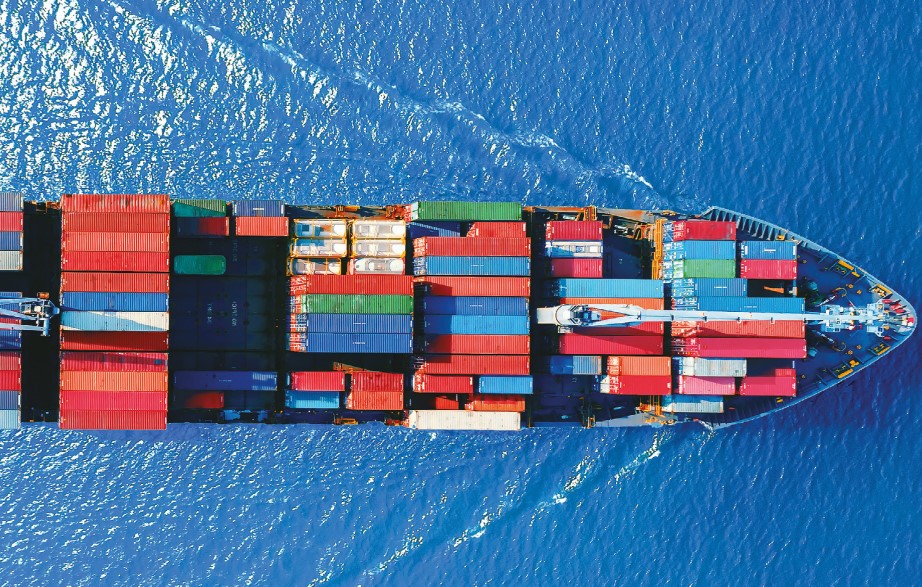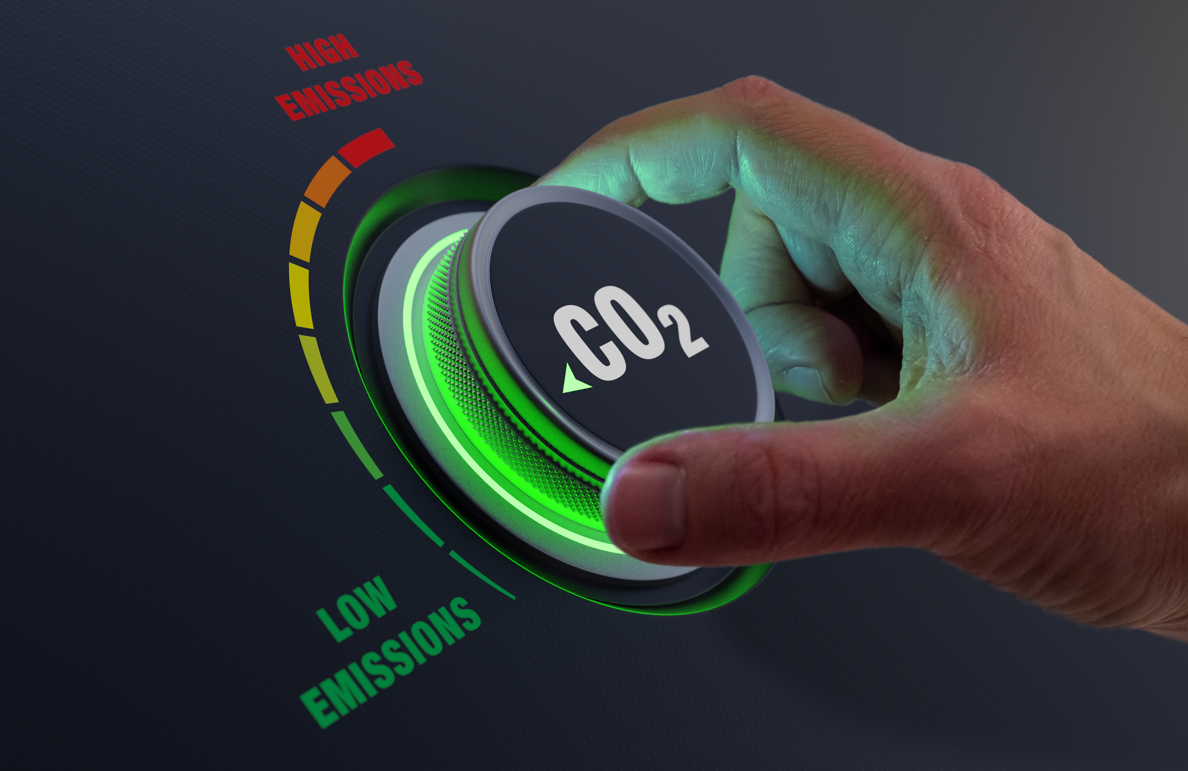The world is falling dangerously short of the ambition that is needed to secure a safe future climate, according to new analysis by PwC, which found that no G20 country has achieved a decarbonisation rate of more than 11% in a single year since 2000.
PwC’s latest net zero economy index shows that a year-on-year decarbonisation rate of 17.2% – up from 15.2% last year – is now required to limit global warming to 1.5°C above pre-industrial levels. This is seven times greater than what was achieved over the last year (2.5%) and 12 times faster than the global average (1.4%) over the past two decades.
The Index provides a stark illustration of the growing divergence between the global ambition to tackle climate change and the reality of current progress. PwC’s analysis shows that all nations need to work harder to reduce emissions to stand any chance of meeting the IPCC's 2030 deadline to reduce emissions by 43%, with a 78% reduction in carbon intensity now required in under seven years.
PwC’s net zero economy index tracks economic growth and energy-related CO2 emissions data, against the rates required to achieve the aims of the Paris Agreement. It tracks how economies are progressing in breaking the link between economic growth and increases in energy-related carbon emissions.
Emma Cox, global climate leader at PwC, said: “The fact the world needs to decarbonise seven times faster is a spur to action, not a counsel of despair. While the overall pace has to pick up rapidly, dramatic change is possible when business and policy makers align. The rapid acceleration of the deployment of wind and solar in several regions shows change can happen. The world is decoupling growth from carbon emissions, now we need that trend to become a surge.”
However, the figures also reveal that last year saw a surge in renewable energy adoption, which shows hope for an accelerated and market-led transition, with solar energy experiencing its highest growth ever recorded at 24.4% and wind energy increasing by 13.1%. The significant growth of renewables is primarily concentrated in Asia (particularly China), the USA, and Europe.
The UK has had the highest long term level of decarbonisation in the analysis, maintaining a decarbonisation rate of 3.7% over the duration of the 21st century.
Printed Copy:
Would you also like to receive CIR Magazine in print?
Data Use:
We will also send you our free daily email newsletters and other relevant communications, which you can opt out of at any time. Thank you.













YOU MIGHT ALSO LIKE